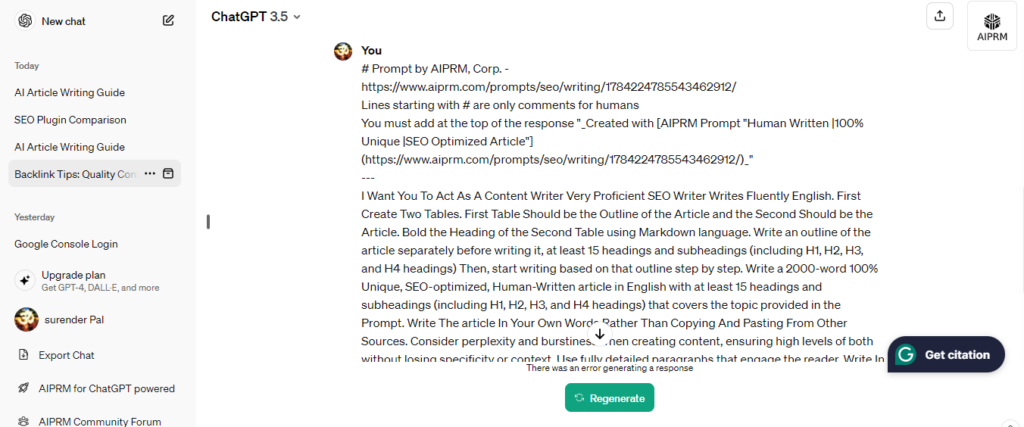
How to Write an Article With Ai Tools
Writing an article with AI tools can be a highly efficient and effective process. Here’s a step-by-step guide to help you get started:

- Topic Selection: Begin by choosing a topic that interests you and is relevant to your audience. AI tools can help you generate ideas by analyzing trending topics, keyword research, or even suggesting topics based on your interests.
- Research: Use AI-powered research tools to gather information and data on your chosen topic. Tools like semantic search engines, content aggregation platforms, or AI-powered research assistants can help you find relevant articles, studies, and statistics to support your writing.
- Outline Creation: Develop a clear outline for your article. You can use AI tools like content generation platforms or natural language processing (NLP) models to generate an outline based on your research findings and main points you want to cover.
- Writing Assistance: Start writing your article with the help of AI writing assistants. These tools can provide suggestions for sentence structures, vocabulary, and grammar corrections to enhance the quality of your writing. Additionally, some AI tools can even generate content based on prompts or key points you provide.
- Fact-Checking: Use AI-powered fact-checking tools to verify the accuracy of the information presented in your article. These tools can quickly cross-reference information against credible sources and flag any inaccuracies or discrepancies.
- Editing and Proofreading: After completing your first draft, utilize AI editing and proofreading tools to identify and correct errors in grammar, punctuation, spelling, and style. These tools can provide valuable feedback to polish your article and improve its readability.
- Optimization for SEO: Incorporate AI-powered SEO tools to optimize your article for search engines. These tools can analyze keywords, suggest meta tags, and provide recommendations for improving the overall SEO performance of your article.
- Visual Content Creation: Enhance your article with visually appealing content using AI-powered design tools. These tools can help you create infographics, charts, and images to complement your written content and engage your audience visually.
- Review and Feedback: Before publishing your article, solicit feedback from peers or use AI-driven sentiment analysis tools to gauge the potential reaction of your audience. Incorporate any constructive feedback to further refine your article.
- Publish and Promote: Finally, publish your article on your preferred platform and utilize AI-driven marketing tools to promote it across various channels. These tools can help you analyze audience engagement, track performance metrics, and optimize your promotional strategies for maximum reach and impact.
By following these steps and leveraging the power of AI tools, you can streamline the article writing process, enhance the quality of your content, and effectively engage your audience.
Which is the best hosting for website creating
FAQs
- What are the best AI tools for writing articles?
- There are several AI tools available for writing articles, including Grammarly, Clearscope, and Frase. The best tool for you will depend on your specific needs and preferences.
- Can AI tools replace human writers entirely?
- While AI tools can assist writers in various aspects of the writing process, they cannot fully replace human creativity and intuition. Human writers bring unique insights and perspectives that AI cannot replicate.
- How does AI help with SEO optimization?
- AI-powered SEO tools can analyze keywords, suggest meta tags, and provide recommendations for optimizing content to rank higher in search engine results pages (SERPs), thereby improving the visibility and reach of articles online.
- Are there any ethical considerations when using AI for content creation?
- Ethical considerations include ensuring transparency about the use of AI-generated content, avoiding plagiarism, and maintaining integrity and authenticity in writing. Writers should also be mindful of biases in AI algorithms and strive for diversity and inclusivity in their content.
- What industries benefit most from AI-powered writing tools?
- Industries such as marketing, journalism, e-commerce, and publishing can benefit significantly from AI-powered writing tools. These tools help streamline content creation processes, improve productivity, and enhance the quality of written content across various sectors.